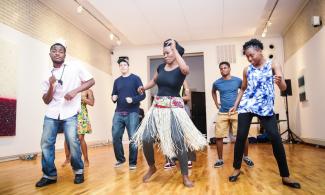
While campaigns like “KONY 2012” and #BringBackOurGirls have received global attention, the war in the Congo has not.
Unquestionably, art is therapeutic. Art is dynamic, experiential. Art teaches.
These are the principles that guided advocacy organization Friends of The Congo in designing the two-day event “MODA 360 A Complete Fashion Revolution: Commemorating Congo's Independence Through Fashion, Music and Culture” in New York City.
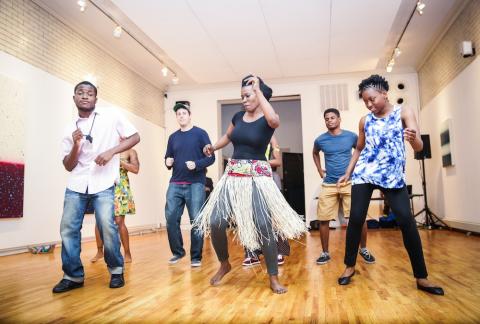
The event kicked off in Manhattan on June 30th, the 54th anniversary of the Congo’s independence. Featuring fashion shows, dancing, music, and art, the program was part of the organization’s efforts to raise funds and enlighten people about the ongoing conflict in the Democratic
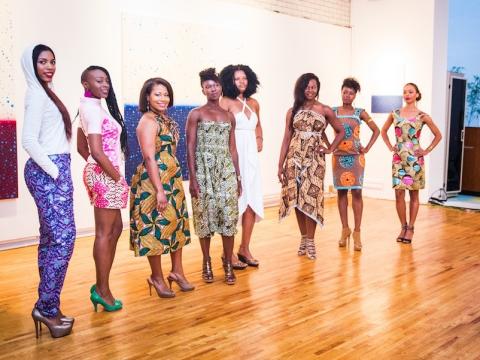
Republic of Congo.
A long-running resource war has ravaged the Congo for almost two decades, a conflict that has been described as Africa’s First World War. The ugly legacy of slavery and Belgian colonization birthed a civil war in the country as it sought independence in the 1960s. Since 1994, mass violence and instability have plagued the country in a struggle that has taken more than six million lives. Half of these were children under five years of age.
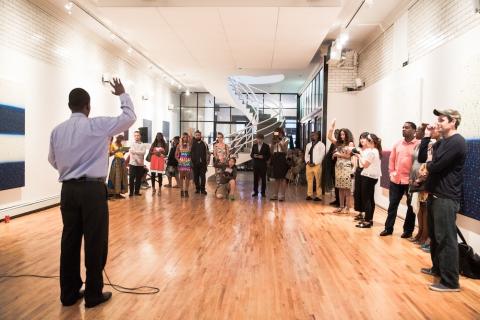
Though startling, much of the international public is unaware of the situation in the DRC. While campaigns like “KONY 2012” and #BringBackOurGirls have received global attention, the war in the Congo has not.
“Where are the Africans?” Kambale Musavuli, national spokesperson of Friends of The Congo challenged, “I am still waiting on the hashtag for the Congo.”
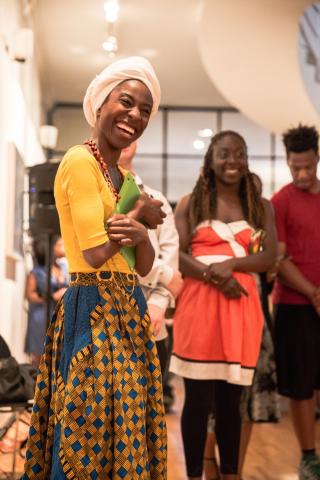
Musaveli attributes the lack of support to young Africans’ failure to take interest in pressing issues. This characteristic differs from previous generations on the continent, which have typically been led by young leaders like Congo’s first Prime Minister, Patrice Lumumba, elected at 34 years old.
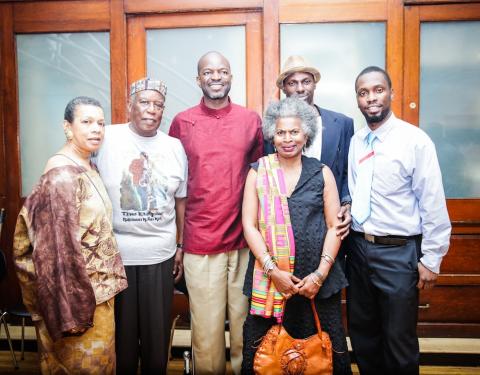
“People who fought during the time were young people. It’s a personal issue for me,” Musaveli said. “But do we see an African issue as our issue? What is our generation doing?”
The two-day event was designed in response to those questions and to the scarcity of young Africans involved in raising awareness and support. “We use art to provide the space for people to come freely, to participate,” Musaveli said. The audience included young artists, designers, dancers, and other international creatives.
Awash with color, vibrance, and texture, many spoke on the significance of style and art as a means of rallying a global community.
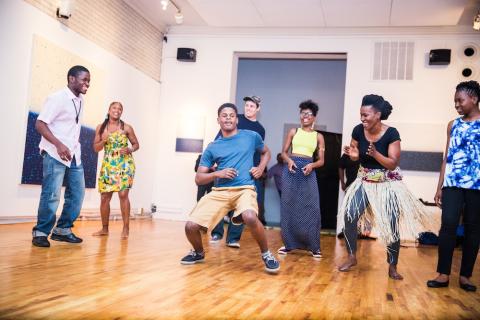
“We are the same people,” said Sadi Bimwala, 19, an aspiring Congolese actor from the Bronx. “Art has a huge impact on the community. All countries have love for the arts; that brings them together.”
Sioux Greaux, Co-Founder of the Joyful Joy Foundation, which strives to eradicate malaria worldwide, said art has a special significance because it binds communities. “People cannot speak the same language,” Greaux said, “but people can feel your story through your art; it sparks a conversation, sensation.”
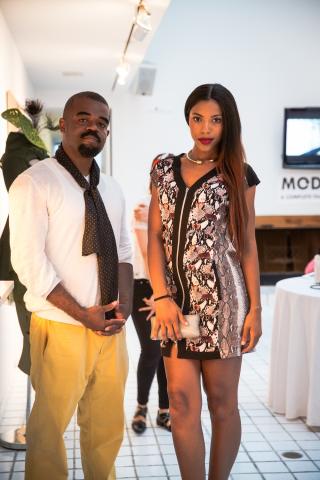
Ntumba Mukendi, a Congolese designer who showcased her designs, felt that Congolese culture is still thriving, undeterred by the war. “Despite everything, social life in the Congo is an inspiration,” she said. “The colors, like the culture, are lovely and bright.”
Though the event had the mission of educating a new audience on a grave humanitarian concern, it was certainly a celebration of the distinct art and traditions of the Congo; a glimmer of positivity in the midst of crisis.